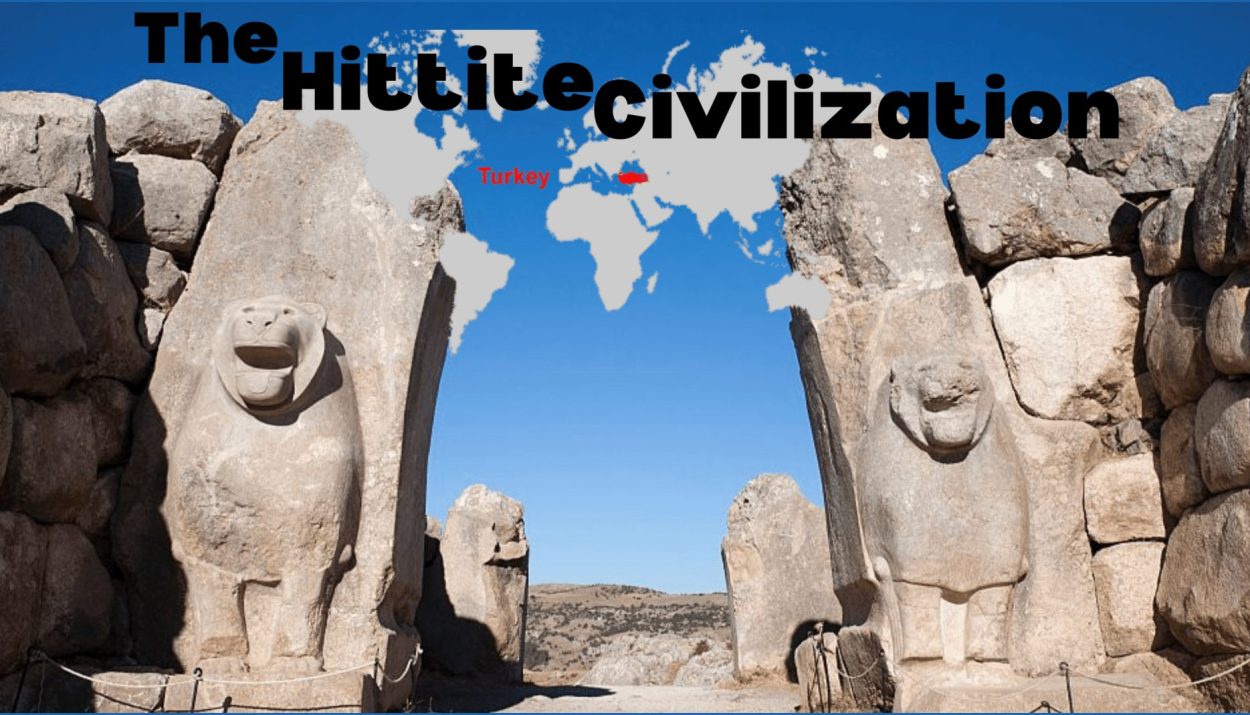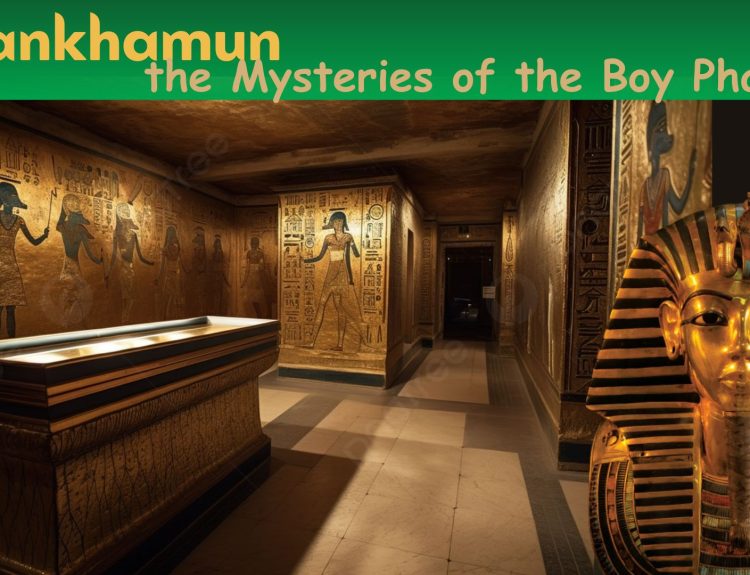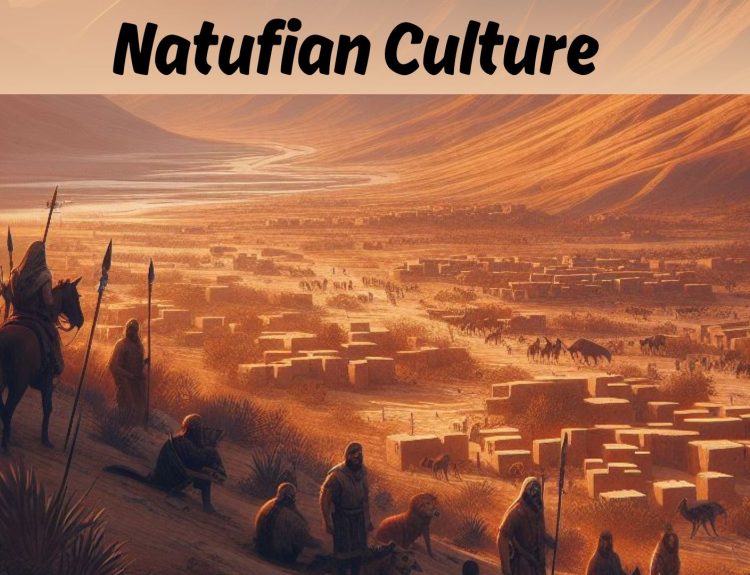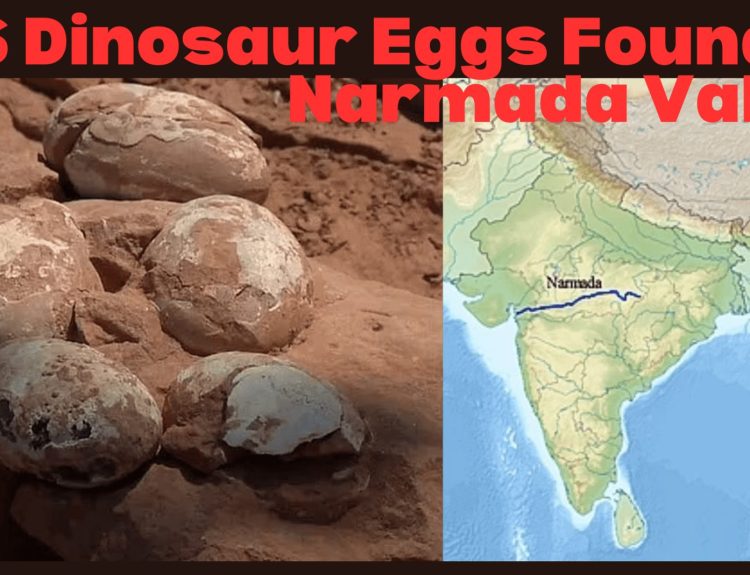The Hittite Empire, also known as the Hittite Kingdom, was an ancient civilization that flourished in Anatolia, in modern-day Turkey, during the Late Bronze Age. It is considered to be one of the most influential and powerful civilizations of its time, as it controlled a vast territory and played a significant role in the political and cultural developments of the ancient Near East.
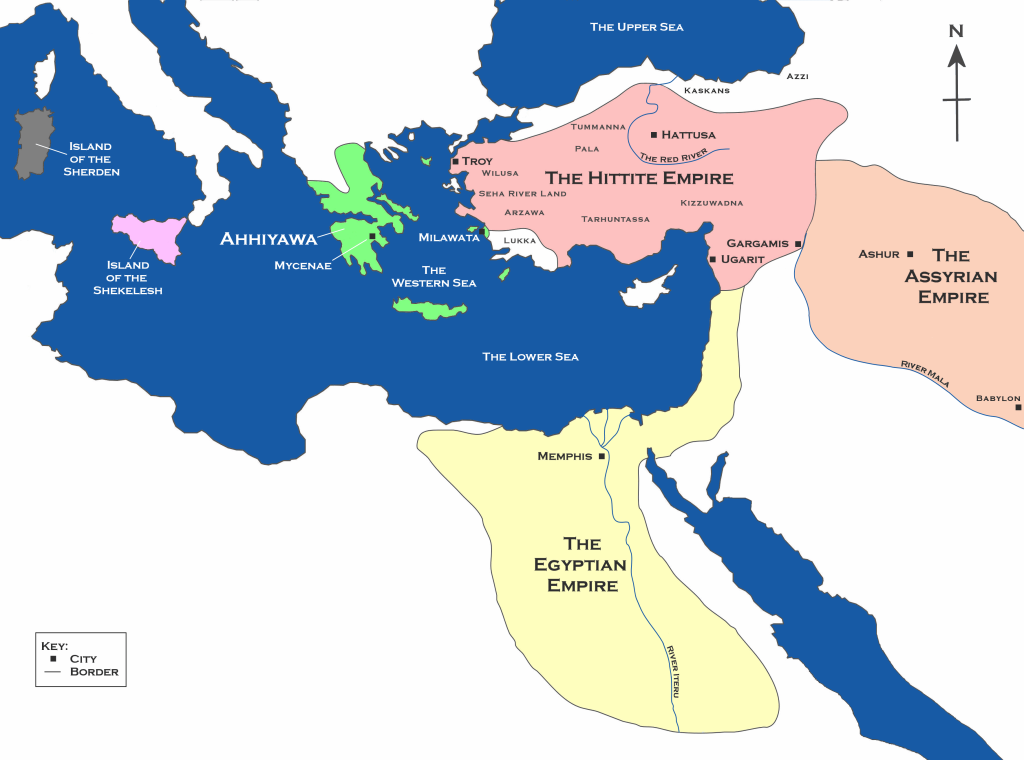
The Hittite kingdom was officially discovered in 1880 by archaeologists Archibald Henry Sayce. His discovery was later confirmed through excavations by German archaeologist Hugo Winckler.
Origin of the Hittite Empire
The Hittites are believed to have originated from the Indo-European group of peoples, who migrated to Anatolia around the 3rd millennium BCE. They called themselves Hatti. They established themselves in the region and developed a distinct culture and language over time.
The rise of the Hittite Empire is attributed to the reign of Hattusili I, who established the Hittite Kingdom in the 17th century BCE. He united the various Hittite city-states under his rule and expanded the kingdom’s territory by conquering neighbouring regions. His successors continued to expand the kingdom, and by the 14th century BCE, the Hittite Empire had become one of the dominant powers in the Near East.
During the reigns of King Suppiluliuma I (c. 1344-1322 BCE) and his son Mursili II (c. 1321-1295 BCE), the Hittite Empire attained the highest point of power and influence.
Government and Society
The Hittite Empire was ruled by a monarchy, with the king holding absolute power. The king was assisted by a council of advisers and administrators, who helped him govern the empire. The Hittite legal system was based on a complex set of laws, known as the Hittite Laws, which were written on tablets and included provisions for civil, criminal, and religious matters. Slavery was also a common practice, and slaves were often used for agriculture, mining, and construction labour.
Culture and Religion
The Hittites had a rich cultural heritage and distinctive language, literature, art, and music. They were skilled metalworkers and produced exquisite bronze, gold, and silver objects, such as jewellery, weapons, and ceremonial vessels. They also had a tradition of sculpture, with many impressive examples found at the Hittite capital of Hattusa.
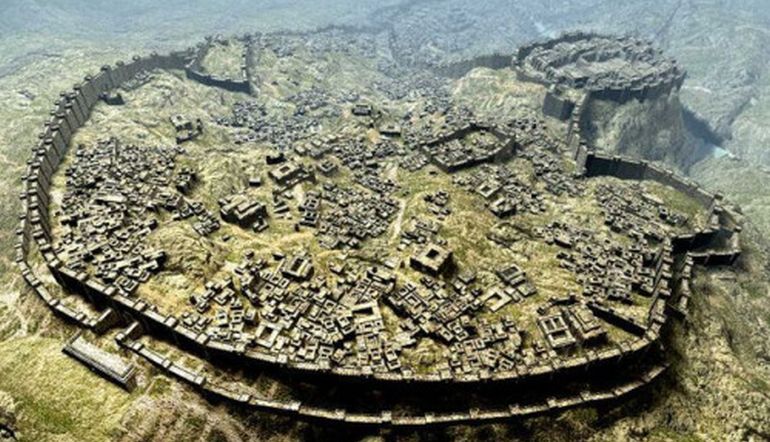
Religion played a significant role in Hittite society, with a pantheon of gods and goddesses worshipped by the people. The most important deity was the storm god, known as Teshub, who was believed to control the weather and protected the kingdom. Other major deities included the sun goddess, Arinna, and the mother goddess, Hannahanna.
Decline and Legacy
The Hittite Empire faced many challenges during its existence, including invasions by neighbouring kingdoms, internal rebellions, and natural disasters. The empire began to decline in the 12th century BCE, and by the end of the 13th century BCE, it had collapsed due to a combination of factors, including attacks by the Sea Peoples and internal conflicts.
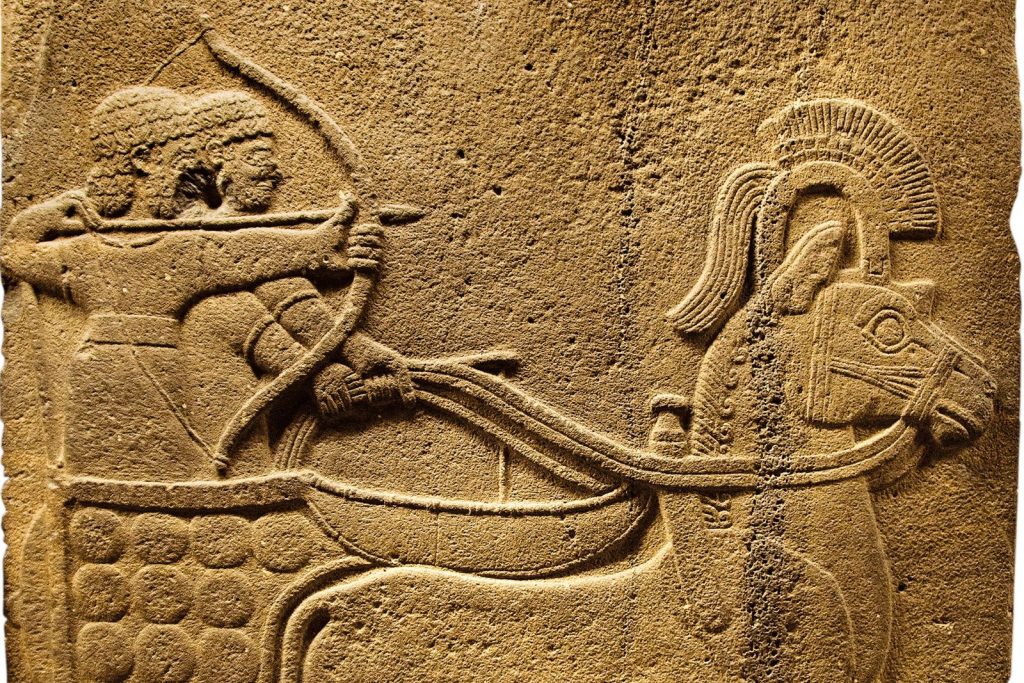
Despite its downfall, the Hittite Empire had a lasting impact on the ancient Near East. Their military tactics, particularly their use of chariots, were adopted by other civilizations, and their language influenced the development of the Indo-European language family. The Hittite culture also left a rich legacy of art, literature, and religion, which continue to fascinate and inspire scholars and enthusiasts today.
References
Drought may have doomed ancient Hittite empire, tree study reveals


